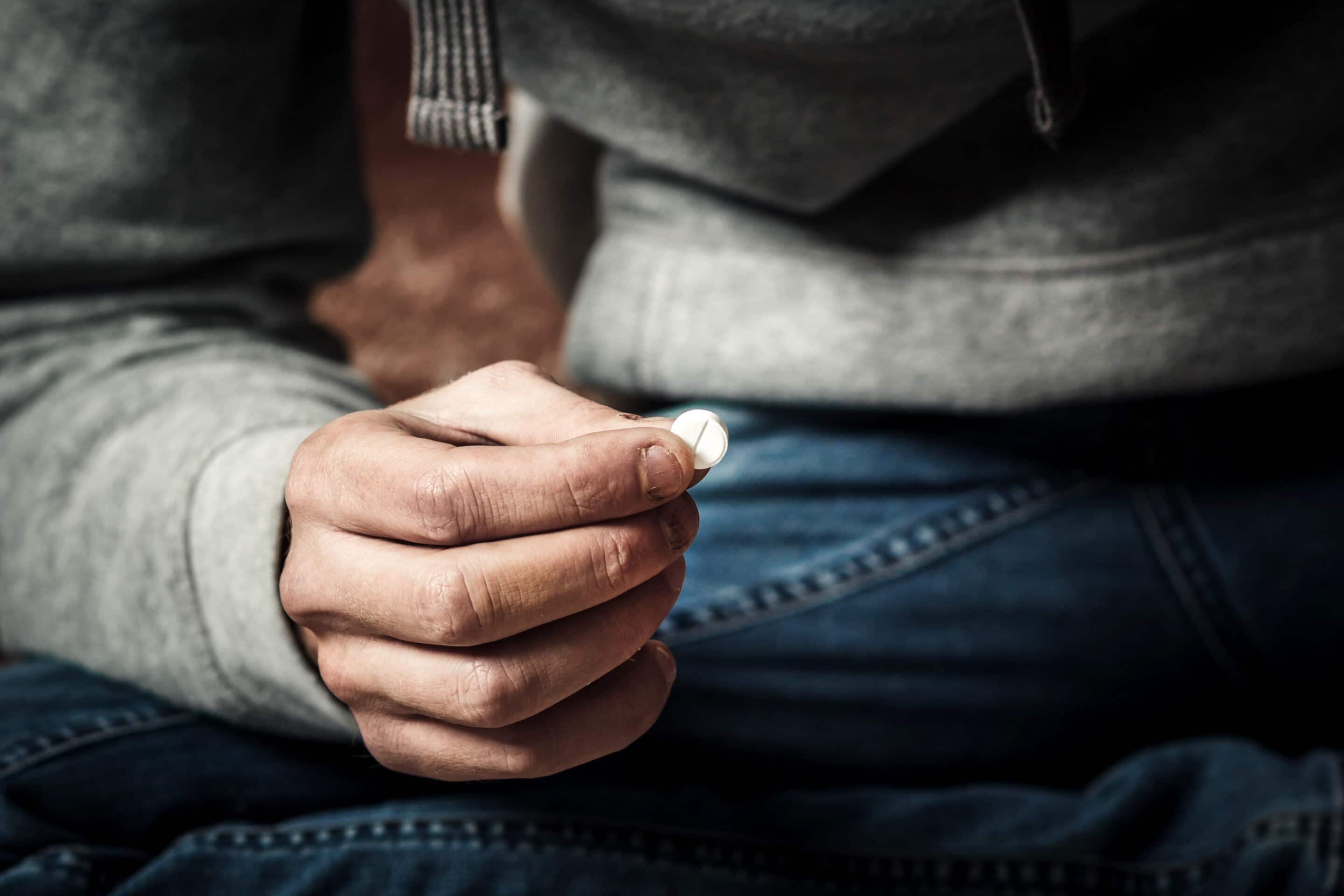
Treating addiction comes with a risk for relapse similar to other chronic diseases. Just like those other diseases, relapse from addiction doesn’t mean that treatment wasn’t a success. It means that there was simply something not addressed by treatment that has come to light. It’s common for patients to discover new triggers they weren’t aware of before and require additional treatment in some capacity.
Each road to recovery is mapped out differently for everyone meaning treatment must be tailored to those receiving it. No single solution for addiction exists but research has found multiple commonalities between instances of successful recoveries that can be applied to almost any situation. So what does the best treatment plan do that makes it so successful?
Understanding and Experience in Addiction Treatment
The deeper research into addiction goes, the more solid the foundation for treatment becomes. Creating rehab and treatment plans using this base of data instantly increases the chances of success in any given program. Simply having guidelines isn’t enough to create effective treatment for addiction. Rehab facilities must double down on their efforts to effectively tackle one of the most complex diseases around.
Therapy Must Tackle Underlying Illnesses
There are two sides to addiction, physical and psychological. The physical side of addiction has to do with withdrawals and dependency, both of which can be addressed by using medically-assisted detox. Once physical dependence is broken, the body itself will no longer require drugs or alcohol in order to function. The real challenge comes when therapy begins to unravel what led the individual to substance abuse in the first place.
For some, addiction began as recreational use that progressed into daily use before the user realized they’d become dependent on the substance. Treating addiction that developed solely due to repeated use will involve helping a patient sober up and undo as many changes to the brain as possible.
A more common contributor to addiction is mental illness. Whether it’s a diagnosable condition or a long struggle with severe stress and anxiety, mental health issues lead millions to substance use as a form of self-medicating. A dual-diagnosis of addiction and mental illness accounts for nearly one third of those who abuse alcohol and over half of all drug abusers.
Treatment for these individuals requires licensed and trained medical professionals with experience in addiction recovery. Personal attention from a dedicated clinician ensures all needs of the patient are met at all times.
Cognitive-Behavioral Therapy Should Follow
Group and solo therapy during addiction treatment is a staple of any effective program. Being able to share stories of success with others striving for the same goal is a huge source of motivation. A more intensive form of therapy is cognitive-behavioral therapy or CBT. Modern CBT is a research and evidence-based approach to altering behavior and thought patterns in patients.
CBT allows clinicians to work with patients and end their usage patterns through rewarding sobriety and creating healthy coping mechanisms. Just as addictive tendencies and actions are learned, healthier alternatives can replace them for long-term results. CBT is also an effective aftercare tool in the event of relapse. A clinician can quickly work with the patient and discover what caused the relapse and how to prepare them for the same situation going forward.
Proper Aftercare Supports Long-term Sobriety
Cravings and impulses to use drugs or alcohol all stem from somewhere. New sources of pressure can come at unexpected times and jeopardize one’s sobriety even if it’s been years since they completed treatment. During treatment, the detox period tends to be when the heaviest cravings occur as substance use would alleviate withdrawal symptoms being felt. Medication administered during detox to help diminish symptoms is the same used for helping those who have relapsed get back on their road to recovery.
These medications are meant to be used in addition to treatment from a relapse prevention specialist. The most effective treatment centers will have a vast network of aftercare clinicians for patients to leverage. Individuals often enroll in a 30-day rehabilitation program to set them up for lifelong sobriety. Aftercare helps them maintain this accomplishment and can even help them enter full treatment again if needed.
Find It All at America’s Rehab Campus
ARC is one of the nation’s leading addiction treatment centers both in terms of successful recoveries and quality of services. From intake to aftercare, ARC guests are treated to a world-class experience that changes how they view addiction treatment. Anyone in need of addiction treatment for themselves or a loved one is encouraged to reach out to the compassionate ARC team today!

